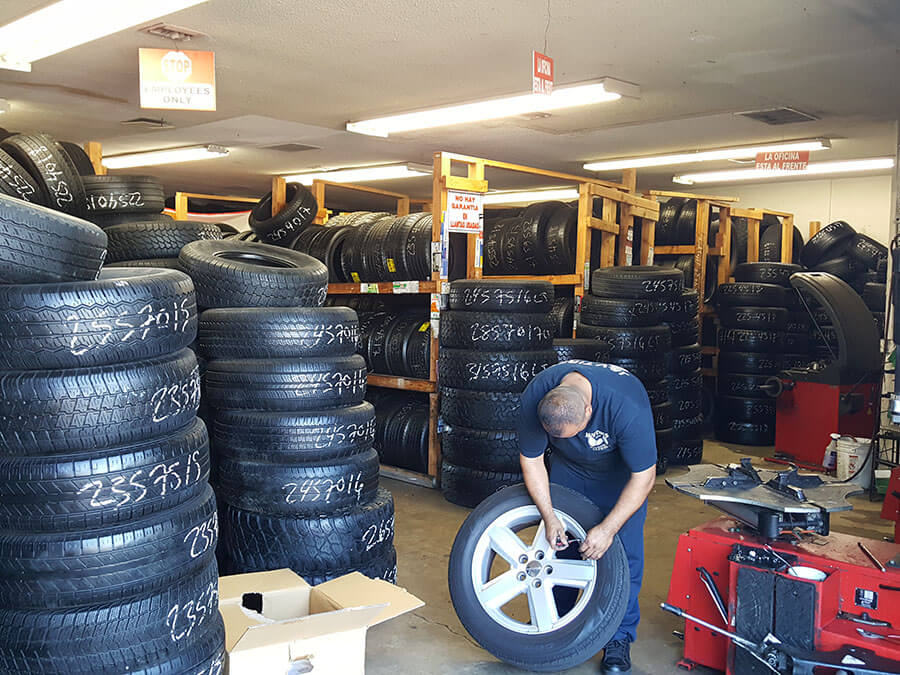Trust Morris Tire and Alignment for Specialist Service and Care
Trust Morris Tire and Alignment for Specialist Service and Care
Blog Article
Tire Solution: Comprehending Tire Stress Surveillance Solutions
Recognizing Tire Stress Monitoring Equipments (TPMS) is a critical aspect of keeping optimal automobile efficiency and safety on the roadway. With improvements in automobile modern technology, TPMS has actually become a standard feature in contemporary vehicles, offering real-time details on tire stress levels. Digging deeper into the complexities of TPMS, one can discover the various parts that compose this system and the significance of each in guaranteeing precise tracking. From direct to indirect TPMS systems, the landscape of tire stress monitoring varies, each with its distinct collection of factors to consider and advantages. Remain tuned to unravel the intricacies of TPMS, from upkeep suggestions to the undeniable advantages of keeping your tires effectively pumped up. discount tires morris il.

Importance of TPMS
The relevance of Tire Pressure Monitoring Systems (TPMS) hinges on their capability to enhance vehicle safety and security and performance with real-time monitoring of tire stress levels. Maintaining the right tire pressure is crucial for making sure optimum handling, stopping, and overall security of an automobile. TPMS provides motorists with immediate responses on any kind of underinflated or overinflated tires, enabling prompt adjustments to be made.
Elements of TPMS
Making up numerous essential aspects, a Tire Stress Tracking System (TPMS) functions as a sophisticated safety attribute in modern cars. The primary parts of a TPMS consist of sensors, a control component, and a caution indication. Sensing units are commonly situated in the tire valve stem or affixed to the wheel assembly, where they gauge tire pressure and transfer data to the control component. The control component procedures this info and triggers a warning if it finds dramatically reduced stress in any of the tires. The caution indicator, often a symbol on the dashboard, notifies the driver to check the damaged tire or tires. Some progressed TPMS versions additionally present the actual tire stress readings for every tire, offering vehicle drivers with real-time details to make certain optimal tire performance and security. By checking tire stress continuously, TPMS aids protect against crashes, lowers tire wear, and boosts fuel effectiveness, making it a vital part for car security and performance.
Kinds Of TPMS

On the other hand, indirect TPMS depends on the car's wheel rate sensing units to keep an eye on tire pressure. This system spots underinflation by contrasting the rotational rates of the wheels. Indirect TPMS is much less expensive than direct TPMS, as it uses existing sensing units within the car.
While straight TPMS supplies a lot more accurate analyses, indirect TPMS is less complex in layout and typically requires less maintenance. Both systems have their limitations and advantages, and the selection between them commonly depends upon variables such as cost, vehicle make, and individual choice. Understanding the differences between these 2 sorts of TPMS can assist vehicle owners make notified decisions concerning tire maintenance and safety and security.
TPMS Maintenance Tips
Reliable upkeep of TPMS is crucial for guaranteeing ideal efficiency and safety and security of your car. On a regular basis examining the TPMS sensing units for any kind of damage or corrosion is important. Guarantee that the sensing units are cost-free and clean from debris that can interfere with their have a peek at this website performance. Furthermore, it is advisable to examine the sensing unit batteries periodically and change them as required to ensure precise analyses. Conduct regular examine the tire pressure degrees and contrast them with the TPMS analyses to guarantee they correspond. If there are any kind of discrepancies, recalibrate the system adhering to the maker's standards. In addition, throughout tire turning or replacement, ensure that the TPMS click components are taken care of very carefully to avoid any kind of potential damages. If the TPMS cautioning light brightens on the control panel, address the concern without delay by inspecting the tire pressures and the total system for any mistakes. By adhering to these upkeep ideas, you can extend the lifespan of your TPMS and enhance the safety of your driving experience.
Benefits of Appropriate Tire Pressure
Maintaining appropriate tire stress, as stressed in TPMS Upkeep Tips, is important for gaining the numerous benefits related to ideal tire stress degrees. Among the main benefits of preserving the appropriate tire stress is improved gas efficiency. When tires are effectively inflated, there is less rolling resistance, bring about much better fuel economy. Additionally, correct tire pressure guarantees even tire wear, expanding the lifespan of the tires and promoting safer driving conditions. With the ideal tire pressure, automobiles likewise have much better handling and grip, specifically in adverse weather. This can enhance overall driving performance and safety and security for the motorist and travelers. In addition, maintaining optimal tire pressure can add to a smoother and a lot more comfy adventure by reducing vibrations and sound triggered by underinflated tires. In verdict, the benefits of proper tire pressure surpass just tire durability; they include boosted gas effectiveness, boosted security, far better vehicle performance, and total driving comfort.
Conclusion
Finally, understanding tire pressure tracking systems (TPMS) is vital for preserving optimum tire pressure and guaranteeing car safety. By acknowledging the importance of TPMS, recognizing with its elements, knowing the different types readily available, adhering to proper upkeep suggestions, and recognizing the advantages of maintaining proper tire pressure, drivers can boost their driving experience and extend the life-span of their tires. Correct tire stress is key to safe and effective vehicle procedure.

Report this page